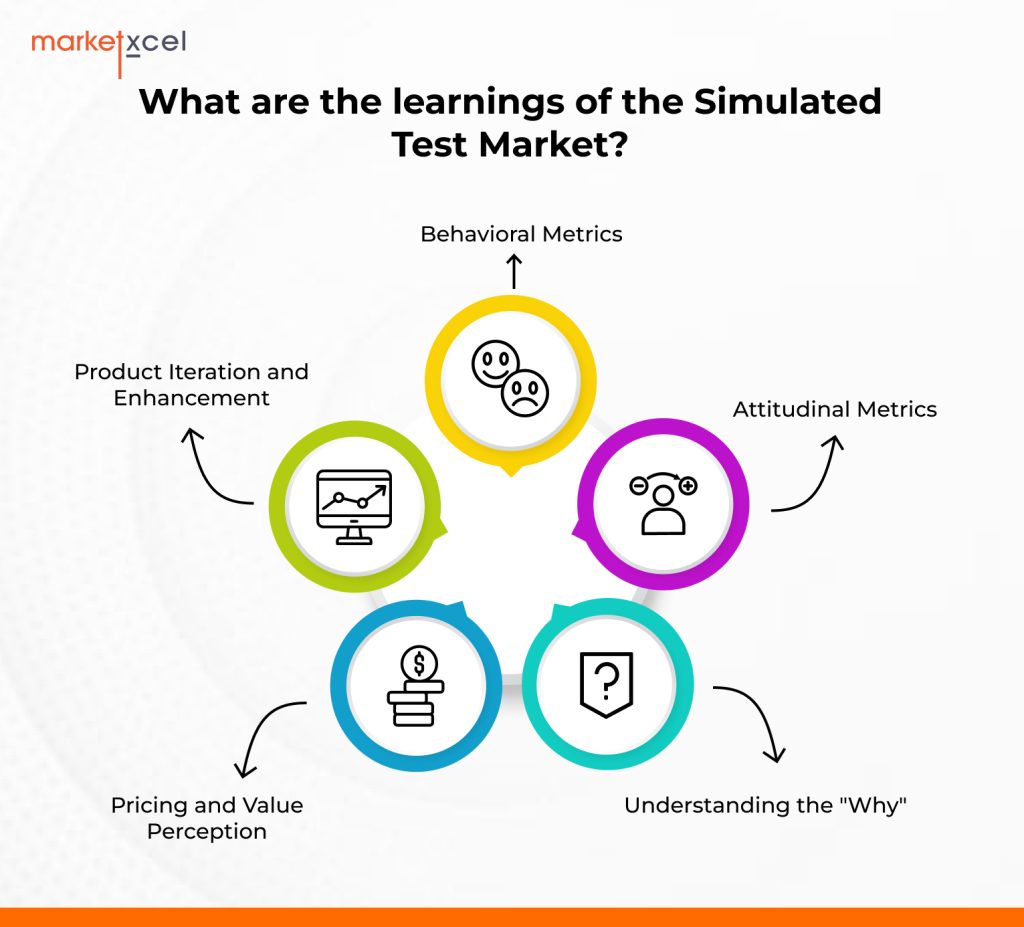What is STM? Goals and Objectives of Simulated Test Market
Jul 17, 2023
What is STM?
Simulated Test Market (STM) is a research technique that evaluates the success of a new product/ service before its launch. It involves exposing a representative sample of the target market to the product/service in a controlled environment that mimics real-world market conditions.
In an STM, researchers select participants who represent the demographic and psychographic characteristics of the target market. These participants can interact with the product/service in a simulated shopping environment, which includes virtual stores or physical mock-ups. They are encouraged to make purchasing decisions and provide feedback on their experiences.
Goal of STM
Simulated market testing evaluates various aspects of the new product/service, including its appeal, perceived value, market share, pricing, and more. Companies can utilize the data collected from STM to make informed decisions about modifying the product, devising marketing strategies, and planning the launch. Qualitative research companies often specialize in conducting STM studies and other qualitative research methodologies.
These companies employ trained researchers who design and execute STM studies, gather and analyze data, and provide actionable insights to their clients. They may also offer additional qualitative research services to comprehensively understand consumer behaviour and preferences. Overall, a qualitative research company conducts STM to enable businesses to test the market viability of their new products or services in a controlled environment. Furthermore, empowering them to make more informed decisions before committing to full-scale production and launch.
What is the difference between Stimulated Test Markets (SMT) and Controlled Test Markets:
The execution methods and levels of realism differentiate controlled test markets from simulated test markets. Controlled test markets involve companies conducting real-world experiments in a limited number of selected locations or regions. These locations are carefully chosen to accurately represent the target market. The company maintains control over various factors, such as distribution, pricing, promotion, and product availability, in controlled test markets. They closely monitor and measure the impact of these variables on consumer behaviour and market response. The data collected from controlled test markets is considered more reliable and representative of actual market conditions.
On the other hand, simulated test markets are conducted in a simulated or virtual environment. Instead of implementing real-world experiments, companies use mathematical models, computer simulations, or other techniques to replicate market conditions and consumer behaviour. Simulated test markets allow companies to test various marketing strategies, pricing models, or product features in a controlled virtual setting. They offer cost-effectiveness, speed, and flexibility in testing different scenarios. However, the accuracy and reliability of simulated test markets heavily depend on the quality of the underlying assumptions used.
While STM uses virtual simulations to replicate market conditions and consumer behaviour, controlled test markets involve real-world experiments. Controlled test markets provide more reliable data but can be time-consuming and expensive. Simulated test markets are cost-effective and flexible but rely on the accuracy of the simulation models.
What are the learnings of STM?

Here’s what you can learn from simulated test marketing:
Behavioral Metrics: STM allows businesses to measure participants’ actual behaviors, such as their purchasing decisions, usage habits, interaction patterns etc. These behavioural metrics provide insights that help businesses understand adoption rates, usage frequency, and potential barriers to usage.
Attitudinal Metrics: STM helps gather participants’ attitudes, opinions, and perceptions about the product or service. Attitudinal metrics such as satisfaction levels, perceived value, brand perception, and can be collected through surveys, interviews, or feedback forms. These metrics provide insights into consumer sentiment and preferences, helping businesses gauge the product’s market fit and areas for improvement.
Understanding the “Why”: STM enables digging deeper and understanding the underlying reasons behind consumer behaviours and attitudes. By incorporating qualitative research methods such as IDIs or focus groups, needs, pain points, and decision-making processes can be explored. This qualitative understanding helps uncover valuable insights into the “why” enabling businesses to address their needs more effectively.
Pricing and Value Perception: STM provides an opportunity to test different pricing models and assess participants’ perceptions of value. By analyzing participant reactions to different price points, businesses can determine optimal pricing strategies, evaluate price elasticity, and identify price thresholds that resonate with the target market.
Product Iteration and Enhancement: STM offers insights for product iteration and enhancement before the actual launch. This iterative approach increases the likelihood of a successful launch by aligning the product closely with consumer expectations and preferences.
